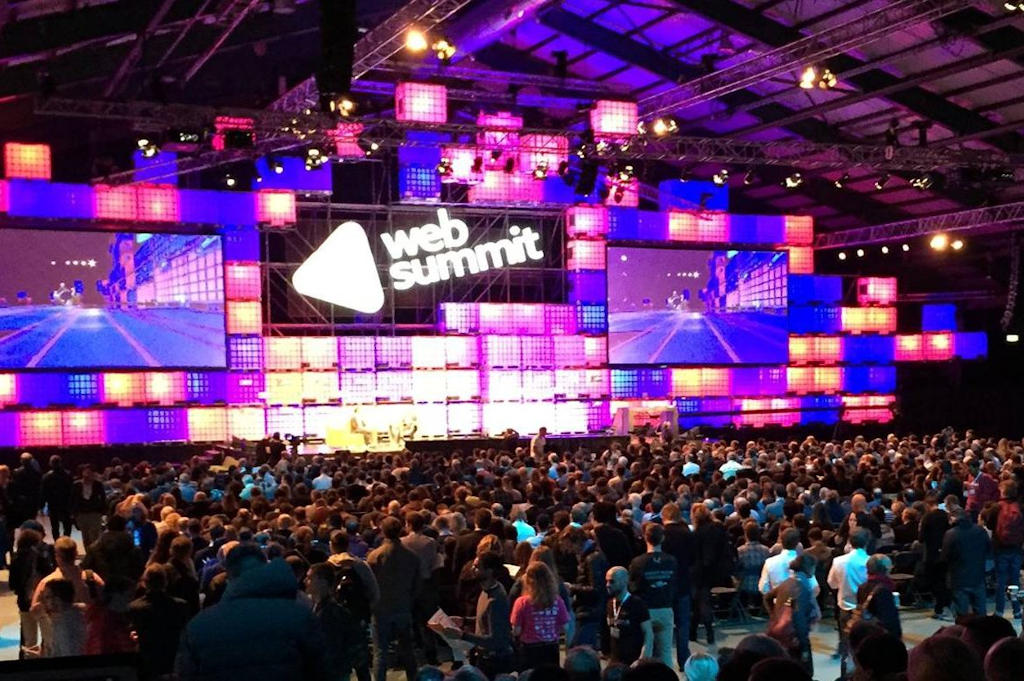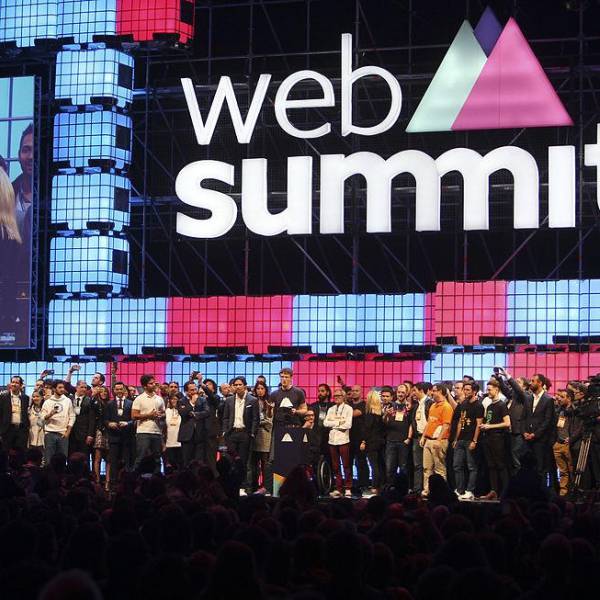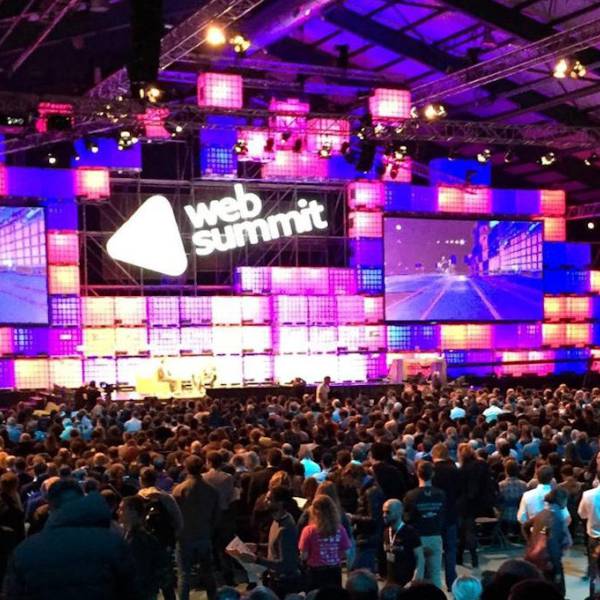Lisbon's bid to become the host city gained traction in 2015 when it was shortlisted alongside other major cities like Amsterdam, Berlin, and Paris. The city's rich cultural heritage, thriving startup ecosystem, and commitment to fostering innovation made it an attractive choice for Web Summit. Additionally, the warm climate, stunning scenery, and welcoming atmosphere of Lisbon added to its appeal as a host city.
On November 8, 2016, the first edition of Web Summit in Lisbon kicked off with great excitement and anticipation. The event took place at the Feira Internacional de Lisboa (FIL), located in the Parque das Nações district, a modern waterfront area that was revitalized for the Expo '98 World Exposition. The choice of this venue highlighted Lisbon's commitment to embracing technology and innovation while celebrating its cultural heritage.
Web Summit in Lisbon brought together a remarkable lineup of speakers, including industry titans, tech pioneers, and thought leaders. Over the course of four days, attendees had the opportunity to participate in a wide range of activities, including keynote speeches, panel discussions, startup pitches, workshops, and networking events. The conference served as a platform for knowledge sharing, collaboration, and the exploration of cutting-edge technologies.
Lisbon.vip Recommends
Lisbon's tenure as the host city for Web Summit continued for several years. Each edition of the conference built upon the success of the previous one, attracting more attendees, featuring renowned speakers, and showcasing groundbreaking technologies. The event not only positioned Lisbon as a leading destination for tech events but also contributed to the city's reputation as a forward-thinking, vibrant, and inclusive place to live and work.
In 2018, Web Summit and the city of Lisbon signed a 10-year agreement, ensuring that the conference would continue to call Lisbon home until at least 2028. This long-term commitment solidified the bond between Web Summit and the city, highlighting Lisbon's role as a catalyst for innovation, collaboration, and the exchange of ideas.
Lisbon's selection as the host city for Web Summit was a turning point in the city's tech and innovation landscape. It showcased the city's potential, provided a platform for global engagement, and established Lisbon as a must-visit destination for tech enthusiasts. The legacy of Web Summit in Lisbon continues to shape the city's identity as a hub for creativity, entrepreneurship, and technological advancement.
In conclusion, Lisbon's journey to becoming the host city for Web Summit was a testament to the city's vision, commitment, and ability to embrace the digital future. The conference's presence in Lisbon has left a lasting impact on the city's economy, startup ecosystem, and international reputation. As the years go by, the collaboration between Web Summit and Lisbon will continue to fuel innovation, inspire new ideas, and pave the way for a brighter tech future.





